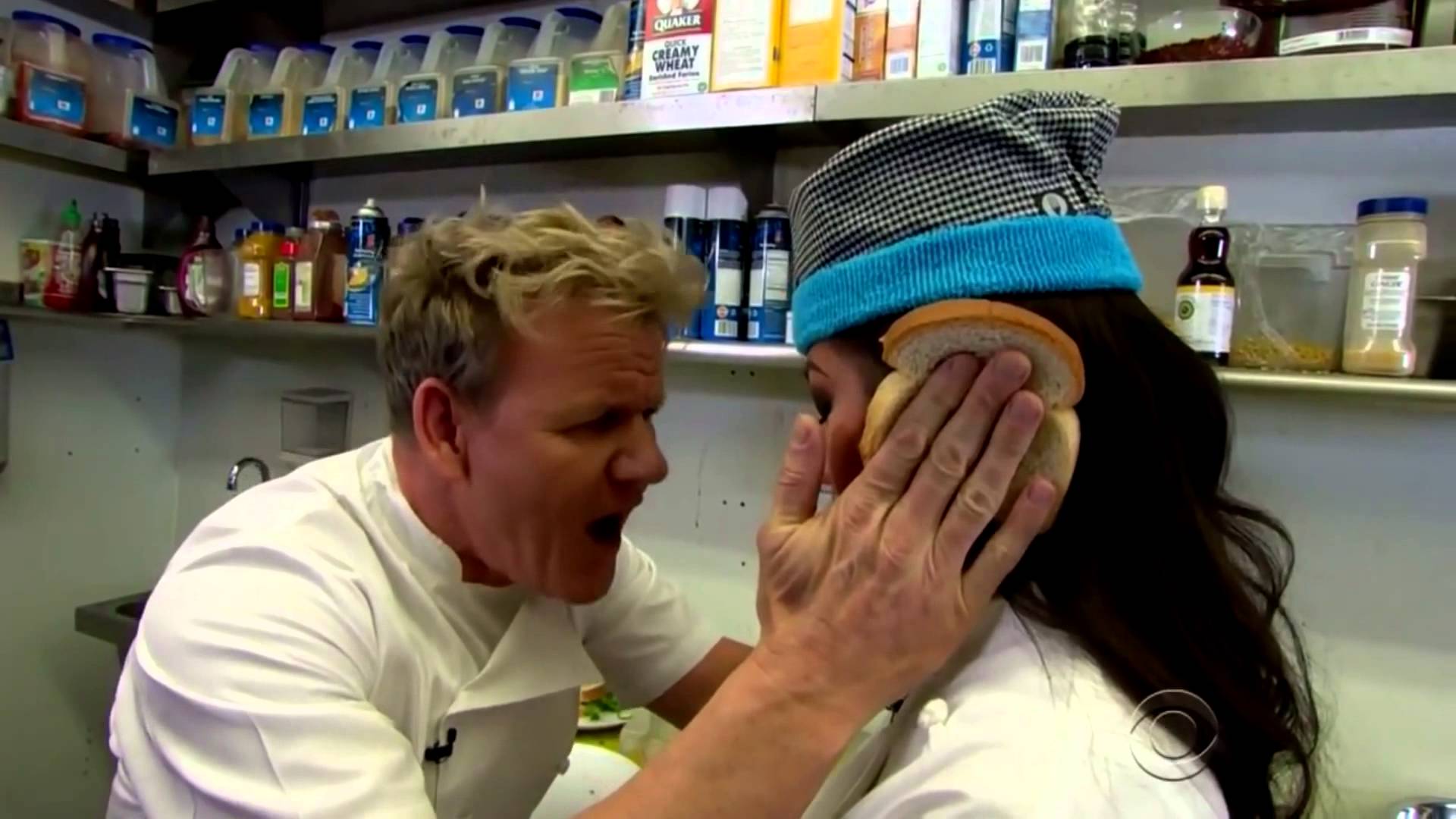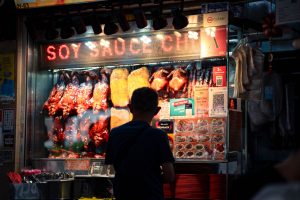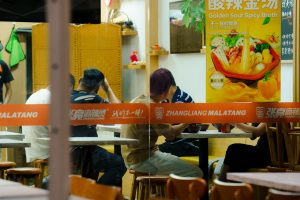I am referring, of course, to the Masterchef Singapore controversy. If you’re out of the loop, here’s a quick summary: After buying the rights to Gordon Ramsay’s popular cooking contest ‘Masterchef’, Mediacorp decided to make it a Chinese-exclusive programme for Channel 8.
Interested contestants were asked to rate their own ‘mandarin fluency’ during the application process.
This decision justifiably pissed off every non-Chinese Singaporean and ‘woke’ Chinese people as well. It was rightly pointed out that Mediacorp was denying culinary stardom to non-Chinese Singaporeans for failing to be a member of the majority race.
Why can’t they just make Masterchef Singapore a English-language programme?
Alfian Sa’at, Singapore’s foremost writer/provocateur, weighed in yesterday by dismissing Masterchef SG as a ‘thoughtless equation of Singapore with Chinese-ness’ and called for a boycott.
Something easier done than said. I doubt you could even find 3 people waiting with bated breath for the season premiere.
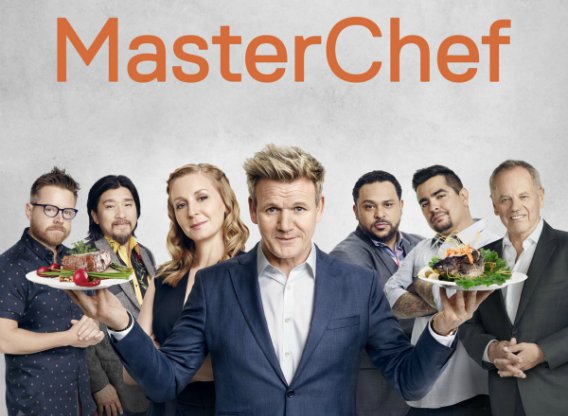
Unfortunately, it is not. While Alfian Sa’at is right to call Masterchef a textbook example of privilege, his argument fails to consider that a multicultural, all-inclusive Masterchef is impossible. At least in Singapore.
Let’s re-examine the controversy to understand why.
Firstly, his assertion that Masterchef Channel 8 equates Singapore with Chinese-ness is correct. Singapore food is more than just Cantonese food and the show cannot claim to find our nation’s ‘best chefs’ if minority contestants must jump through hoops just to arrive at the start line.
Competition demands a level playing field, and Mediacorp has flushed fairness down the toilet by insisting on Mandarin as a medium. He is also right to dismiss ‘interpreters’ and subtitles, which will only exacerbate the problem by making native-born Singaporeans look like outsiders on National TV.
All this is good and true, but so is Mediacorp’s decision. Although Masterchef Channel 8 exercises majority privilege, it remains the only sensible decision because you cannot produce a Masterchef that is ‘Singaporean’ and inclusive at the same time.
Our diversity forbids it.
Pork and alcohol are haram to Muslims but an integral part of most Chinese cooking. Beef is freely consumed by Malay people, but forbidden for Buddhists and Hindus. To cover all bases, a good number of Hindus, Buddhists and Taoists are also vegetarians who forgo all of the above.
How would Masterchef Singapore fare if you take into account everyone’s dietary taboos?
My guess would be ‘badly’.
With no pork, no beef and possibly no meat, we would be left cooking yong tau foo and thosai for every episode. There is nothing wrong with those two dishes, but they hardly encompass the full range and richness of Singaporean food. Call me an extremist, but if there’s no kway teow, beef rendang, biryani, laksa, etc, I don’t think the show is worth anyone’s time.
In other words, Singapore’s cuisine is a tapestry of diversity, ill-suited to the format of a monoethnic western cooking show. We can’t have a REAL Masterchef Singapore because it would erase a good chunk of everyone’s culinary heritage and make a mockery out of our Singaporean food.
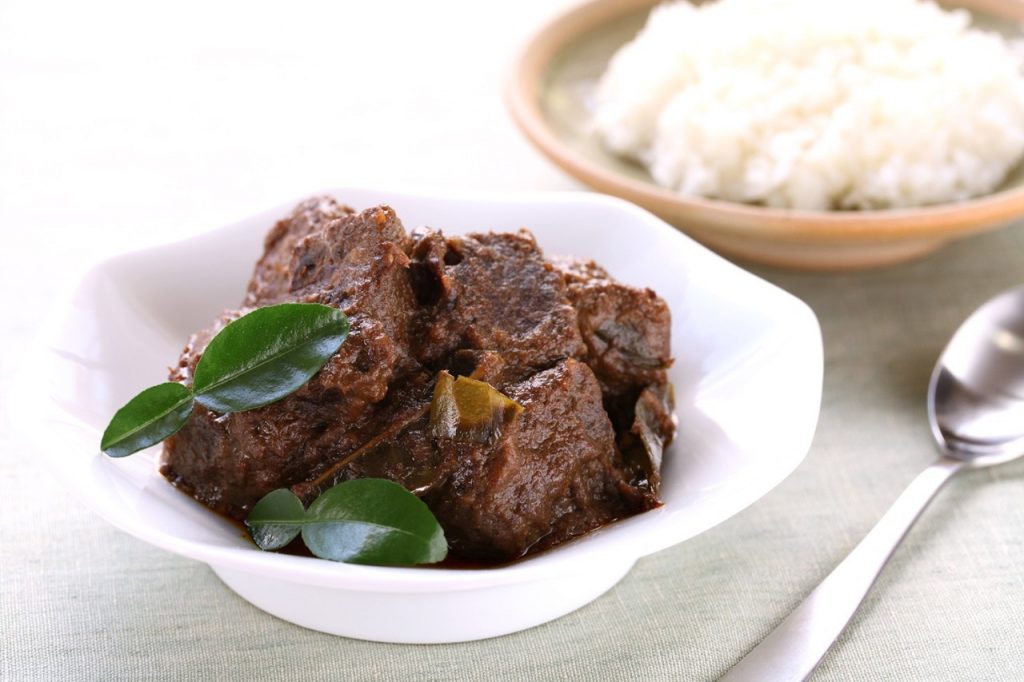
A case in point would be K-pop, widely loved despite a near-universal ignorance of the Korean language.
There are no excuses for what they did with The Voice, but Masterchef is not exactly déjà vu. A singing competition can only improve with a diversity of voices, but the same logic does not apply for a cooking show. Given our multiculturalism, a diversity of backgrounds in Masterchef simply burdens the show with a diversity of restrictions.
It would make the show paradoxically less Singaporean, despite featuring more Singaporeans.
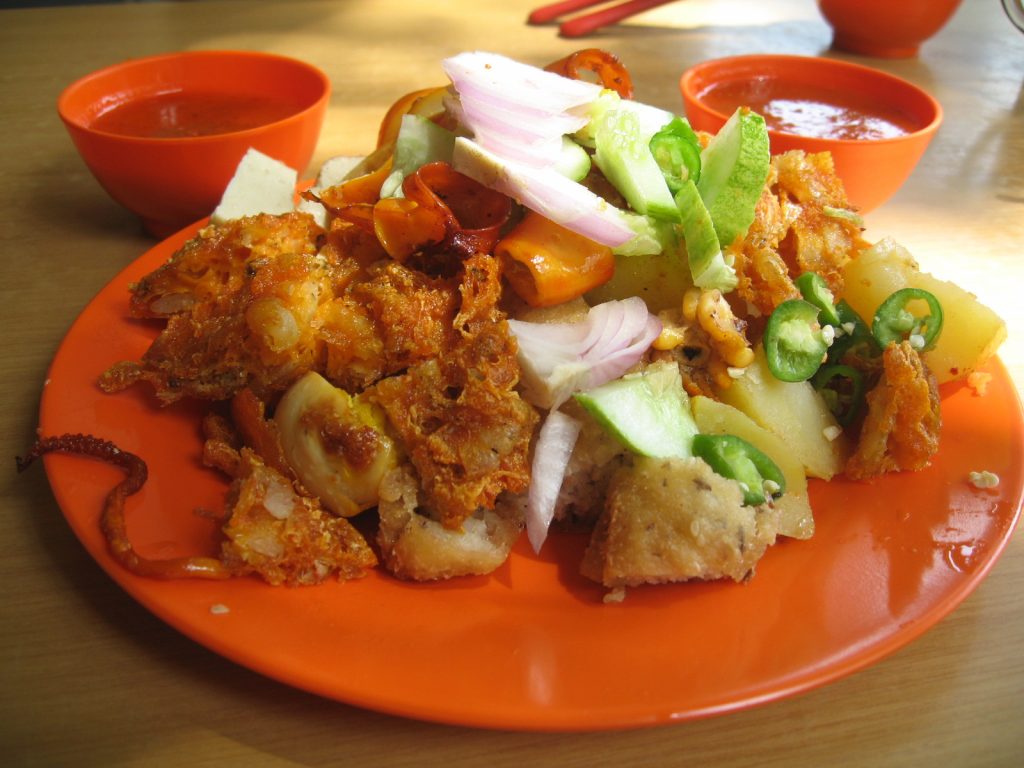
Hence, Mediacorp’s decision is lamentable, but also understandable. Whilst impartiality and diversity are values worth fighting for, we cannot expect Mediacorp to produce a food show that would become the dictionary definition of ‘logical fallacy’. No one wants an ‘inclusive’ Masterchef Singapore where the food is not even recognisably Singaporean. Social justice cannot come at the expense of common sense.
So my suggestion would be to delete the show from existence. Singaporean Food is genuinely too complex for Masterchef and we do not need a shouty British man to tell us that we can cook.
Failing that, at least name it something else. Call it Masterchef Channel 8, or Masterchef Singaporean Chinese, or whatever you want. Or bloody hell, just make it a baking show.
Just don’t call it Masterchef Singapore when you’ve decided to exclude a good half of the country for ‘practical’ purposes. That just adds insult to injury.

